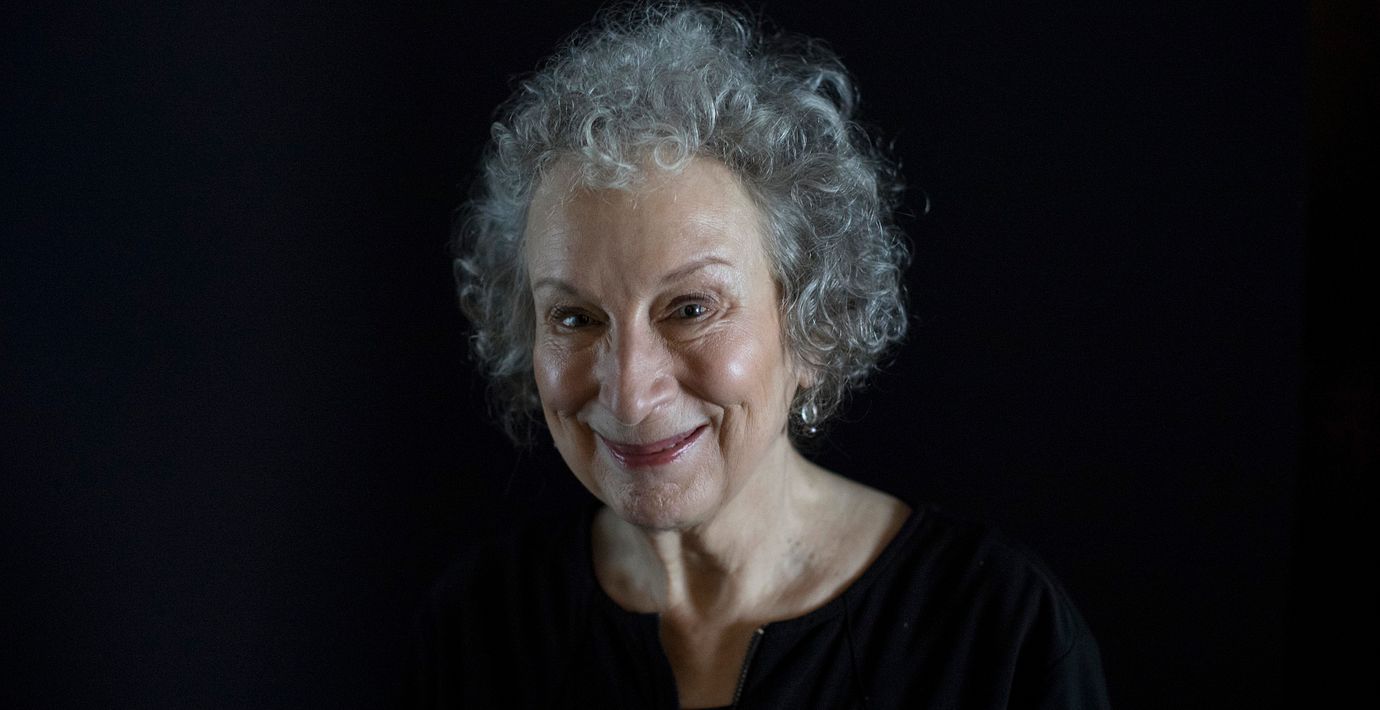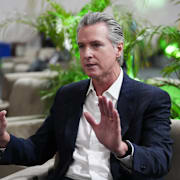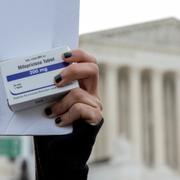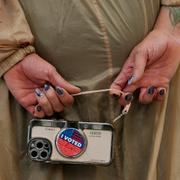
Margaret Atwood ger ut bok som inte kan brännas upp
Författaren Margaret Atwood och förlaget Penguin Random House ger ut en obrännbar utgåva av romanen ”The Handmaid’s tale” (”Tjänarinnans berättelse”). Det rapporterar flera medier.
Romanen är enligt American Library Association en av de som oftast ifrågasätts eller till och med förbjuds på amerikanska skolor. Initiativet beskrivs som ett sätt att försäkra sig om bokens framtida existens och sker samtidigt som de amerikanska aborträttigheterna hotas av den konservativa majoriteten i högsta domstolen.
I ”The Handmaid’s tale”, som också blivit en uppmärksammad tv-serie, skildras ett framtida USA där kristna fundamentalister utnyttjar kvinnor.

Atwood och förlaget har publicerat en video om boken på Youtube
bakgrund
Margaret Atwood
Wikipedia (en)
Margaret Eleanor Atwood (born November 18, 1939) is a Canadian poet, novelist, literary critic, essayist, teacher, environmental activist, and inventor. Since 1961, she has published 18 books of poetry, 18 novels, 11 books of non-fiction, nine collections of short fiction, eight children's books, and two graphic novels, and a number of small press editions of both poetry and fiction. Atwood has won numerous awards and honors for her writing, including two Booker Prizes, the Arthur C. Clarke Award, the Governor General's Award, the Franz Kafka Prize, Princess of Asturias Awards, and the National Book Critics and PEN Center USA Lifetime Achievement Awards. A number of her works have been adapted for film and television.
Atwood's works encompass a variety of themes including gender and identity, religion and myth, the power of language, climate change, and "power politics". Many of her poems are inspired by myths and fairy tales which interested her from a very early age.
Atwood is a founder of the Griffin Poetry Prize and the Writers' Trust of Canada. She is also a Senior Fellow of Massey College, Toronto. She is the inventor of the LongPen device and associated technologies that facilitate remote robotic writing of documents.
bakgrund
The Handmaid's Tale
Wikipedia (en)
The Handmaid's Tale is a futuristic dystopian novel by Canadian author Margaret Atwood, published in 1985. It is set in a near-future New England, in a strongly patriarchal, white supremacist, totalitarian theonomic state, known as the Republic of Gilead, which has overthrown the United States government. The central character and narrator is a woman named Offred, one of the group known as "handmaids", who are forcibly assigned to produce children for the "commanders" — the ruling class of men in Gilead.
The novel explores themes of subjugated women in a patriarchal society, loss of female agency and individuality, suppression of women's reproductive rights, and the various means by which women resist and attempt to gain individuality and independence. The novel's title echoes the component parts of Geoffrey Chaucer's The Canterbury Tales, which is a series of connected stories (such as "The Merchant's Tale" and "The Parson's Tale"). It is also an allusion to the tradition of fairy tales where the central character tells her story.The Handmaid's Tale won the 1985 Governor General's Award and the first Arthur C. Clarke Award in 1987; it was also nominated for the 1986 Nebula Award, the 1986 Booker Prize, and the 1987 Prometheus Award. The book has been adapted into a 1990 film, a 2000 opera, a 2017 television series, and other media.
The ebook version was published by Houghton Mifflin Harcourt.A sequel novel, The Testaments, was published in 2019.
Omni är politiskt obundna och oberoende. Vi strävar efter att ge fler perspektiv på nyheterna. Har du frågor eller synpunkter kring vår rapportering? Kontakta redaktionen



